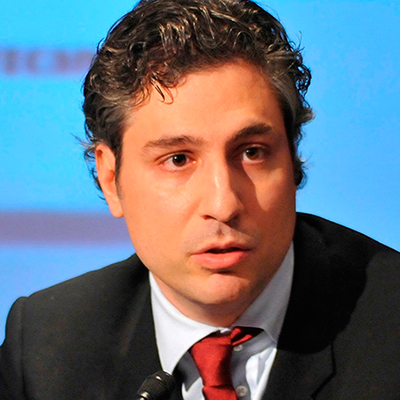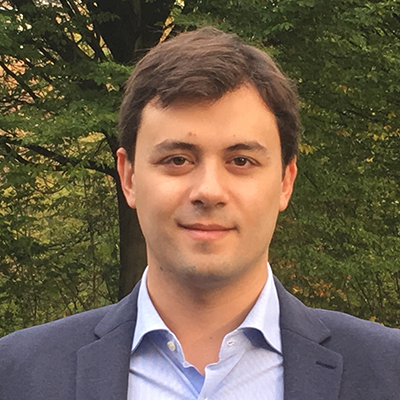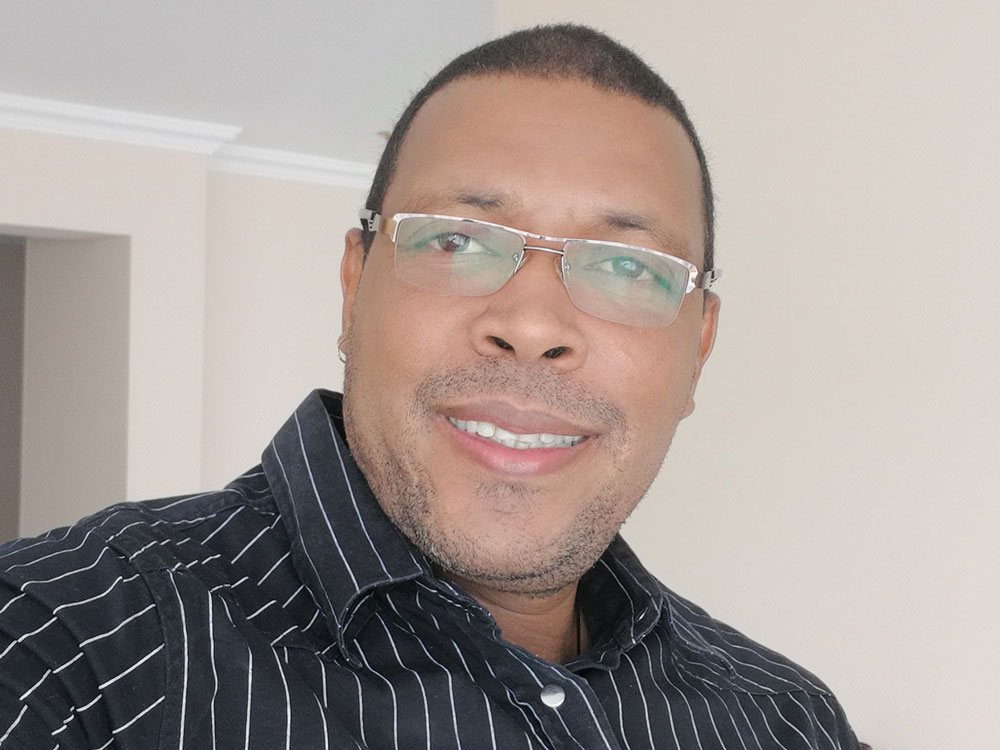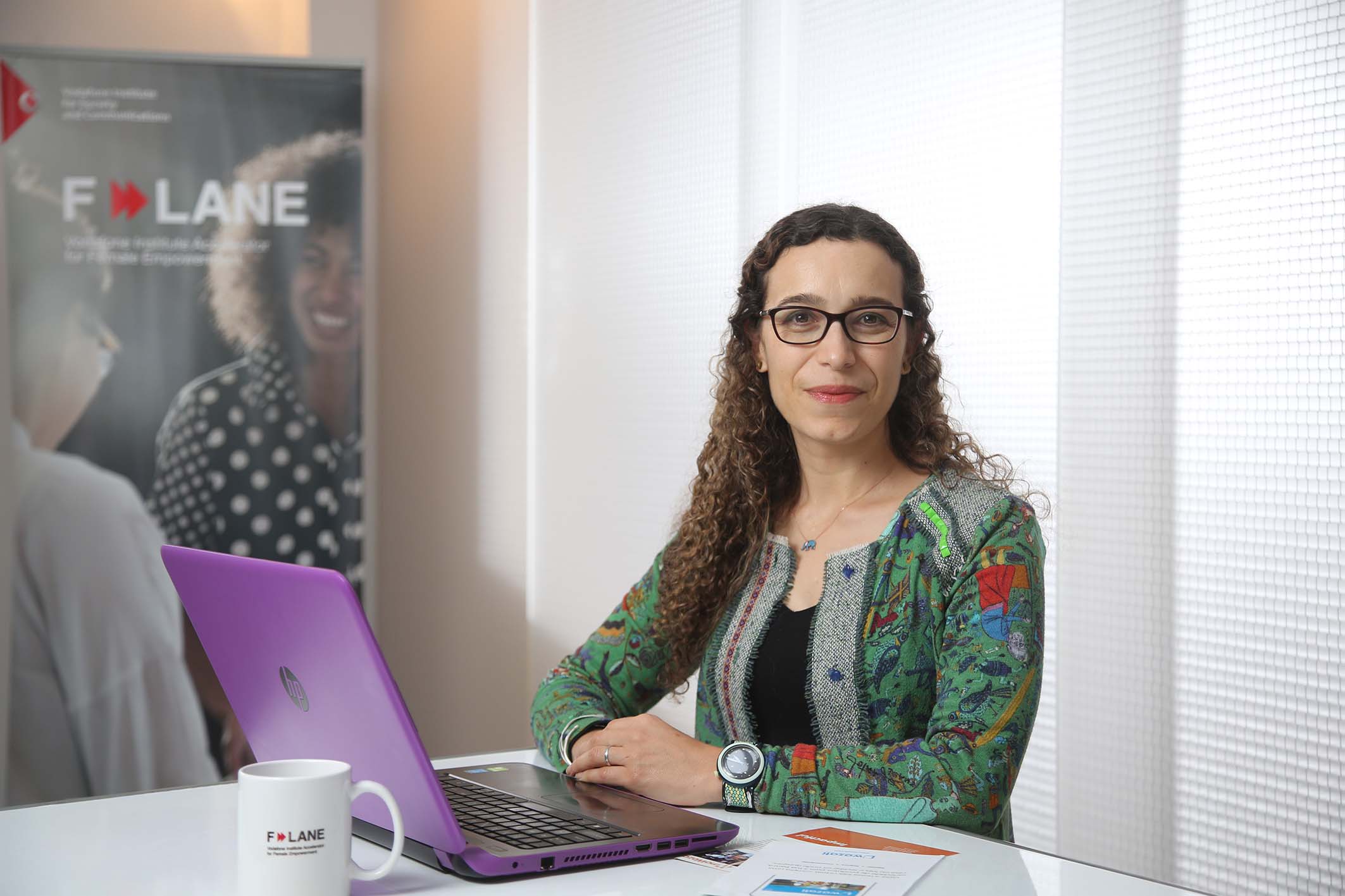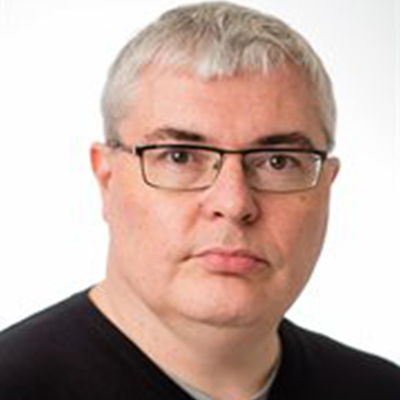A special thanks to Sebastian Hohmann for help in various phases and aspects of this project. We would like to thank Suzana Moreira and the MoWoza team for helping us collect and organize some of the data. We would like to thank all demining operators involved in the Mine Action program in Mozambique and, in particular, APOPO, HALO Trust, Handicap International (Humanity and Inclusion), and Norwegian's People Aid for kindly sharing the original data on their interventions and generously sharing their expert knowledge and on-the-ground experience.
This project could not have been completed without the generous support of many dedicated individuals.
We are thankful to Olivier Cottray, Anne-Li Naucler, and Wendi Pedersen from the Geneva International Center for Humanitarian Demining (GICHD) for assisting us in various stages of this project.
We are truly grateful to Alberto Maverengue Augusto from Mozambique’s National Institute of Demining; Mica Bevington, Jean-Baptiste Richard, and Gilles Delecourt, Alma Al Osta, and Emanuel Sauvage from Humanity and Inclusion; Camille Wallen and Rachel Boddy from HALO Trust; Afedra Robert Iga and Hans Peter Risser from NPA; Ashley S. Fitzpatrick and Tess Tewelde from APOPO; Chris Pearce and Richard Holmes from Dynasafe; Manuel Sitoe from UNADP. A special thanks goes to Aderito Ismael (HI) and Ulrich Weyl (GTZ) for helping us understanding the history and technical aspects of demining in Mozambique.
We are also thankful to to Greek-Orthodox Diocese Archbishop of Zambia, Malawi, and Mozambique Ioannis, Stergios Varvaroussis from the EU mission in Maputo, and Maro Spanoudi.
We thank Alberto Marden da Cruz, Novella Maugeri and Jorrit Oppewal from the International Growth Center. We thank Antonio Francisco from the Instituto de Estudos Sociais e Economicos (IESE).
Panos Kosmas and Jamie Barras kindly shared their technical expertise on landmine detection and removal technology.
We also thank Patrick Domingues for kindly sharing his data on the civil war incidents.
We thank for comments and valuable feedback Francesco Amodio, Costas Arkolakis, Lorenzo Casaburi, Alejandro Cunat, Francesco Caselli, Ruben Enikolopov, Remi Jedwab, Nuno Limao, Ted Paterson, Thorsten Persson, Yannick Pengl, Ricardo Reis, Thodoris Rapanos, Sandra Sequeira, Ina Simonovska, Silvana Tenreyro, Jaume Ventura, Joachim Voth, and Austin L. Wright. We also thak Chris Woodruff for his support.
We also thank seminar participants at the 15th Meeting of State Parties to the Mine Ban Treaty, Brown, UPF-CREI, CSAE Conference at Oxford University, EIEF, Harvard, IIES, Maryland, George Washington, John Hopkins, Zurich, Vienna, Macedonia, Glasgow, King's College, McGill, Mondlane, LBS, LSE (macro), the 20th National Directors' Meeting at UN Mine Action, NBER's Economics of National Security Meeting, Queen Mary, Sussex, Universidad Catolica del Uruguay, Universidad de Montevideo, and "Geodata in Economics" workshop at the University of Brunswick -- Institute of Technology, and the IGC-PEDL-LSE conference. All errors are our responsibility.
